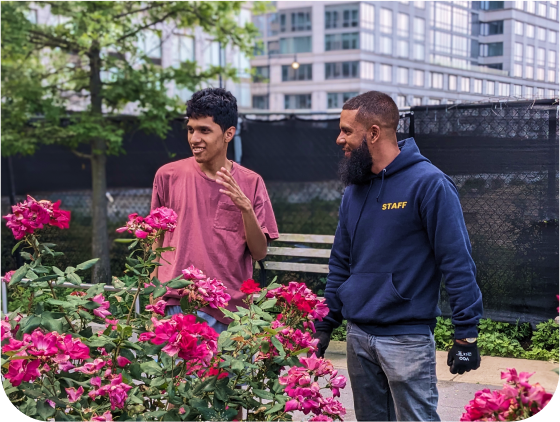
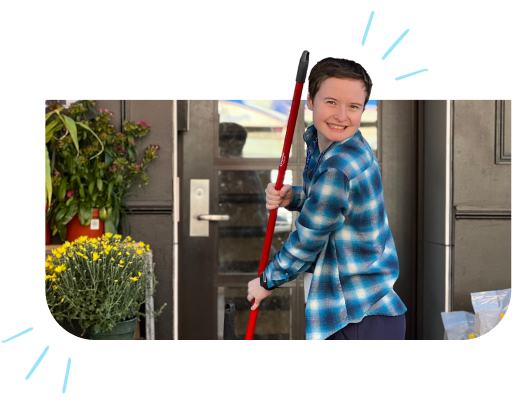
During the summer program, goals for related services are met through individual, small group, and/or classroom push-in sessions. To enhance and integrate these goals, related service providers establish an overall therapeutic theme consistent with the academic curriculum to enable students to work collaboratively with classmates on a project (e.g. creating a music compilation CD). Related service sessions use the project as the context for work on the individual student’s relevant goals and skills (e.g., using descriptive language to discuss music in speech therapy, identifying and conveying emotions through music selection in counseling and discussing music as a method for self-regulation in occupational therapy). Providers assess student needs throughout the program and provide services to meet those needs. Additionally, related service providers collaborate regularly with teachers and assistant teachers to help students move toward achieving their goals while working in the classroom.
Community inclusion opportunities complement academic thematic units by providing students with experiences in their local community settings. Travel Training, Community Service projects, and/or Off-Site Education activities are integrated into the weekly schedule in order to maximize students’ experiences in the community.
Social skills, health and fitness, and the development of personal interests are reinforced through extracurricular activities. These weekly activities may include yoga, drumming, cooking, arts and crafts, chess and other board games, technology, basketball, trips to the park, museums, monuments and other cultural or historic points of interest in the City. Trips complement and enhance the thematic academic work and provide students with hands-on experiences to connect their classroom learning with the New York City community.
CSA high school students receive vocational and travel training through classroom curriculum units and community service experiences. Students hone these skills in formal training sessions that incorporate opportunities to apply skills in the community. Students work as a group to plan travel routes, discuss job expectations, and rehearse appropriate vocational behavior. In addition, high school students go into the community and identify people working in various job clusters (e.g., animal care, clerical, retail), as well as hear from alumni working in these different clusters.
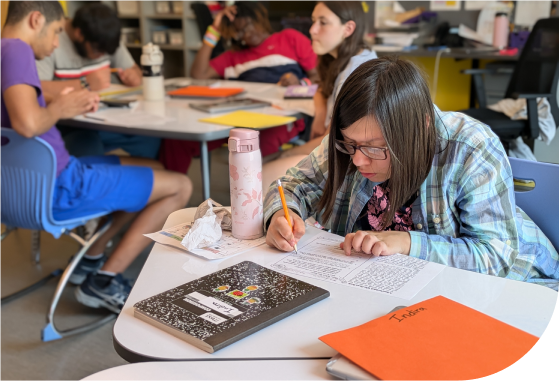
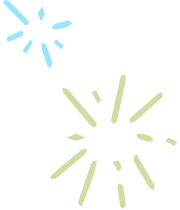
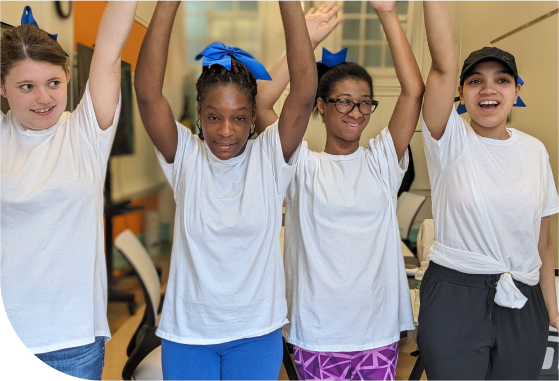
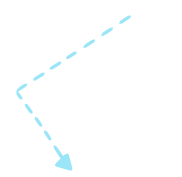
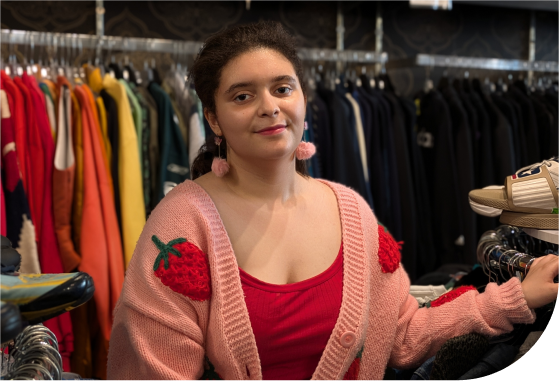

Legacy giving is very important to Cooke’s sustainability. Please contact Michael Eaton at Advancement@Cookeschool.org for more information.
Through the Affinity Membership Program, TD Bank will make an annual contribution to Cooke School based on the activity of all participating members’ TD Bank accounts.
Eligible accounts include:
Checking – Business & Consumer
Savings
Money Market
Certificate of Deposit
Retirement
If you are already a TD Bank customer, please visit any one of their locations and ask to have your balances included as part of the Cooke’s Affinity Membership Program (code: A1923).
Please see the Affinity Membership Program flyer for more information.